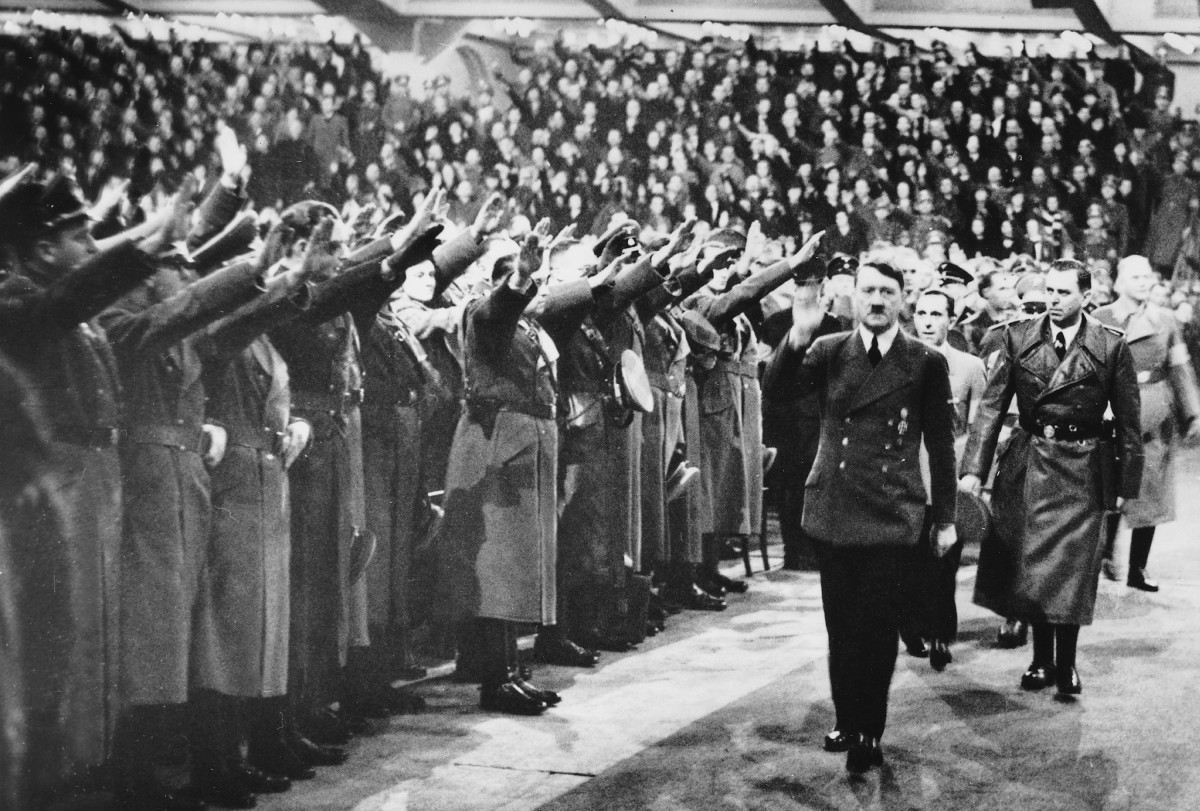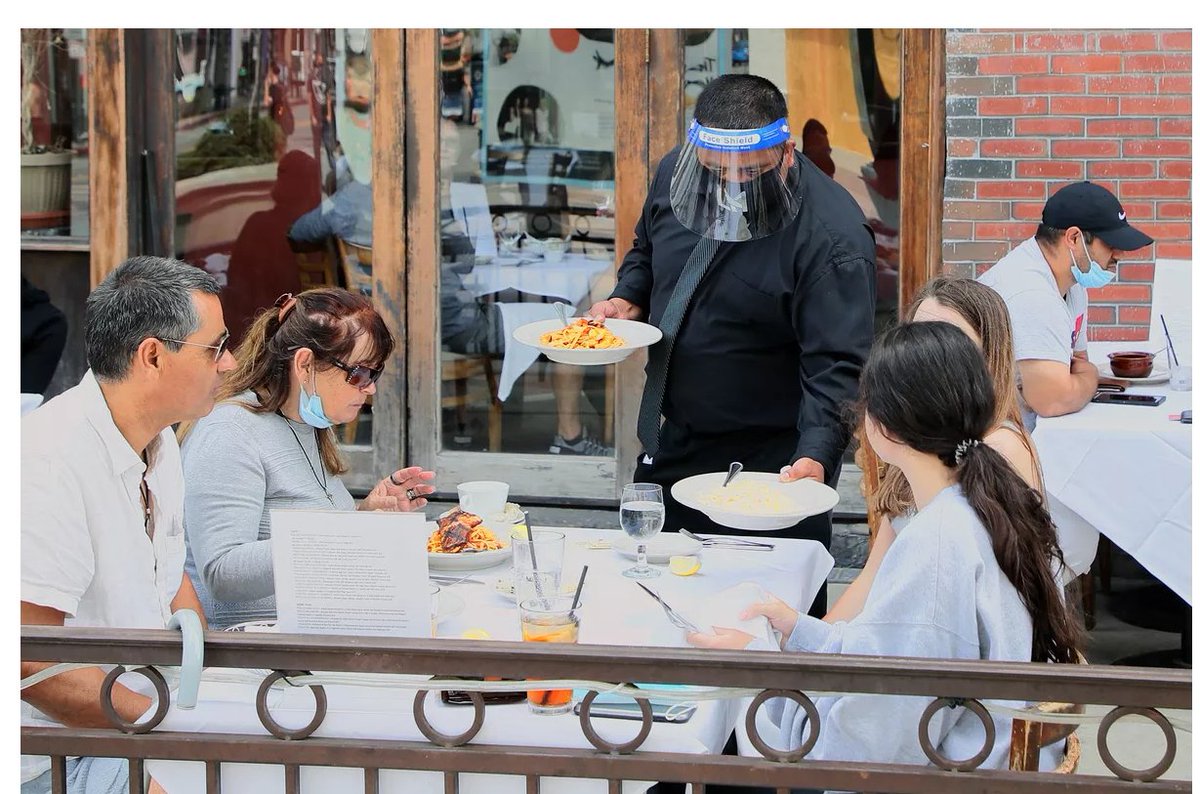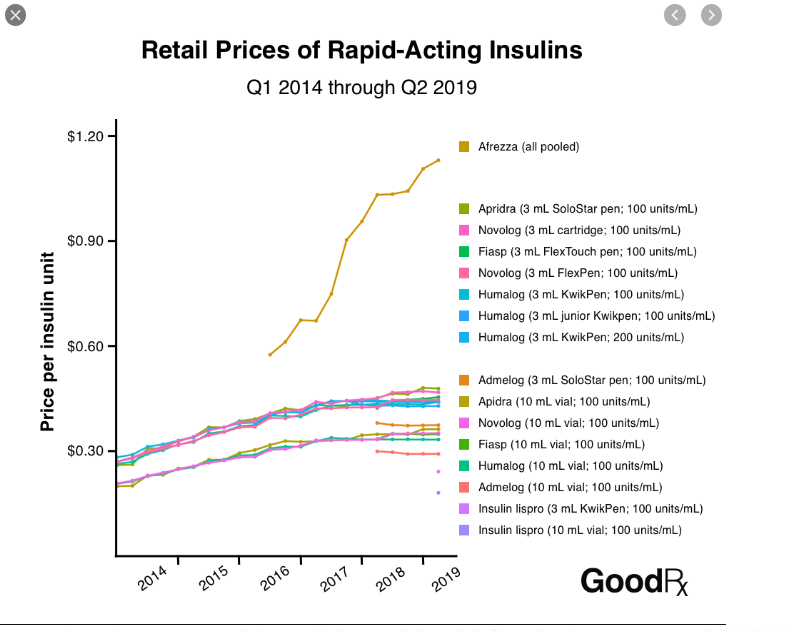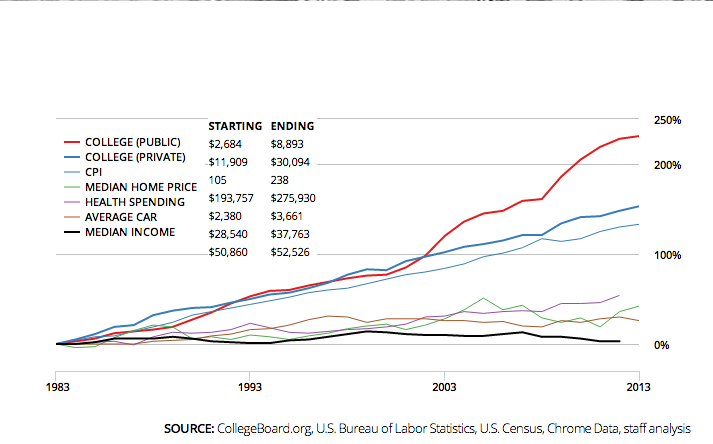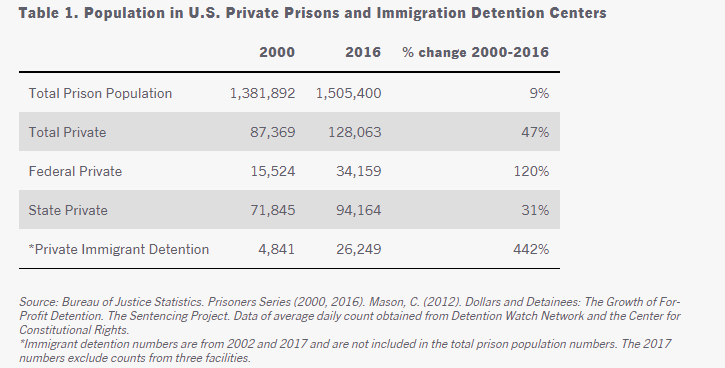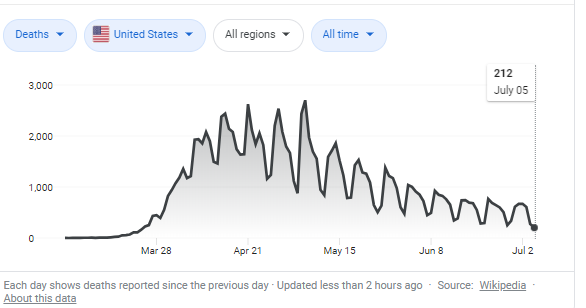CANCER
Let me give you a hypothetical scenario.
Imagine, as best as you can, that there& #39;s a cancer.
To help your imaginations, I& #39;ll describe this cancer.
Let me give you a hypothetical scenario.
Imagine, as best as you can, that there& #39;s a cancer.
To help your imaginations, I& #39;ll describe this cancer.
Say it’s been growing in a body for a very long time.
Say it’s grown, stealthy, invisible, out of systems that had appeared healthy.
Say it’s only made certain parts of the body uncomfortable as it grew, twinges that in retrospect might have been considered warnings to heed.
Say it’s grown, stealthy, invisible, out of systems that had appeared healthy.
Say it’s only made certain parts of the body uncomfortable as it grew, twinges that in retrospect might have been considered warnings to heed.
Now let’s say for the first time there is an unignorable visible sign; a tumor grown so large it distends the belly. The doctor prescribes immediate surgery, an aggressive regimen of medication, frequent testing, and a radical change to diet, exercise, and environment.
Now let’s imagine a patient who ignores all symptoms and refuses all doctors and tests.
You’d have to assume that, for whatever reason, they don’t want to the frightening truth revealed. Right?
You’d have to assume that, for whatever reason, they don’t want to the frightening truth revealed. Right?
Or let’s imagine a patient who refuses the treatment, because in their estimation the treatment was too radical. You’d have to assume they’d decided, for whatever reason, to stop the fight and let the cancer have its way. Correct?
Or, imagine a patient who refuses the lifestyle changes, either insisting they don’t affect risk factors for recurrence, or simply that they are too onerous. You’d have to assume they had decided, for whatever reason, that recurrence wasn’t worth the sacrifice to prevent. Yes?
These are choices people make for themselves. It& #39;s not necessarily an illogical choice, though for those people and their loved ones it& #39;s often a painful one.
But you’d determine, I think, that such a person had, for whatever reason, to allow their life to come to an end.
But you’d determine, I think, that such a person had, for whatever reason, to allow their life to come to an end.
But imagine a patient who doesn’t face the reality of this decision’s consequences; who makes their only priority a return to their life exactly as it was before the diagnosis, without tests, treatment, or change, and also expects that this decision is indefinitely sustainable.
Say the patient is just opposed to things that are radical. Say the patient simply opposes changes.
The patient just wants to get back to their lives and ignore the diagnosis and avoid the treatment.
What do we think?
The patient just wants to get back to their lives and ignore the diagnosis and avoid the treatment.
What do we think?
Before long, you’d have to understand this patient as somebody mostly committed to not knowing things that are already known, in order to try to return to a previous state that is no longer attainable, a ‘normal’ that’s no longer normal.
Correct?
Correct?
Before long, you’d understand this patient is putting their body in grave danger, whether or not they intend to be.
They don’t align themselves with the spread of the cancer by actively spreading it.
They align themselves with it by taking no active steps to oppose it.
They don’t align themselves with the spread of the cancer by actively spreading it.
They align themselves with it by taking no active steps to oppose it.
It’s not unlike those who would align themselves with the spread of a virus.
Viruses and cancers have a number of clear similarities and intersections.
Indeed, cancer will make you susceptible to a virus. https://twitter.com/JuliusGoat/status/1276124029708046336?s=20">https://twitter.com/JuliusGoa...
Viruses and cancers have a number of clear similarities and intersections.
Indeed, cancer will make you susceptible to a virus. https://twitter.com/JuliusGoat/status/1276124029708046336?s=20">https://twitter.com/JuliusGoa...
Both are opportunistic, both committed only to the spread of themselves. Both are systemic, in that what they consume are healthy systems, first destabilizing them, and then, if left untreated, compromising them to the point of failure.
Both viruses and cancers, then, ought to be treated. Surely we all agree on that point.
In both cases, treatment involves:
1) knowledge they exist; then
2) a short-term change—often radical, often targeted, often painful, to eliminate the threat; then
3) a remedy—a permanent, holistic, watchful, strategic, systemic restructuring—to prevent recurrence
1) knowledge they exist; then
2) a short-term change—often radical, often targeted, often painful, to eliminate the threat; then
3) a remedy—a permanent, holistic, watchful, strategic, systemic restructuring—to prevent recurrence
In both cases, aligning with treatment requires active persistent determined and informed action.
In both cases, aligning with the spread requires only passivity.
In both cases, aligning with the spread requires only passivity.
The differences between viruses and cancers are also instructive.
A virus has no place whatsoever in a healthy system. The treatment for a virus is to contain it, expunge it, and eradicate it.
The remedy against a virus is complete denial: to monitor for new strains to detect it, contain it, and eliminate it.
The remedy against a virus is complete denial: to monitor for new strains to detect it, contain it, and eliminate it.
But a cancer grows when a system improperly prioritizes a part of a itself that would otherwise be healthy and natural and good.
A cancer is what happens when some part of a body that is necessary grows and grows and grows until it threatens the system.
A cancer is what happens when some part of a body that is necessary grows and grows and grows until it threatens the system.
To use a metaphor, a cancer in a body is as if a society decided to, say, make profit and wealth the primary—or even the sole—metric for success and the only goal for its political life.
Can you imagine?
Can you imagine?
Profits and wealth are not bad things. The opportunity for both are healthy results of a healthy system.
But imagine a society allowed them to grow into every aspect of itself.
Yes, imagine a cancer.
To help your imaginations, I& #39;ll describe this cancer.
But imagine a society allowed them to grow into every aspect of itself.
Yes, imagine a cancer.
To help your imaginations, I& #39;ll describe this cancer.
Say it’s grown, stealthy, invisible, out of systems that had appeared healthy—even out of systems that are necessary for health.
Say it’s only made certain parts of the body uncomfortable as it grew, twinges that in retrospect might have been considered warnings to heed.
Now let’s say for the first time there is an unignorable visible sign; a tumor grown so large it distends the belly.
Now let’s say for the first time there is an unignorable visible sign; a tumor grown so large it distends the belly.
The treatment for a cancer is to restore the tissues to a right balance within the system.
The treatment for a cancer is *radical* systemic change cutting out parts that have grown to endanger the entire system, which may have once been healthy but now pose a grave threat.
The treatment for a cancer is *radical* systemic change cutting out parts that have grown to endanger the entire system, which may have once been healthy but now pose a grave threat.
The remedy for a cancer involves monitoring the entire system, to ensure all of it is working in a way that is healthy and sustainable and fitting.
And, then, permanent, holistic, watchful, strategic, systemic restructuring of the way the system operates, to prevent recurrence.
And, then, permanent, holistic, watchful, strategic, systemic restructuring of the way the system operates, to prevent recurrence.
With a virus, the challenge is keeping it out of the system entirely.
But a cancer comes from within the system; the challenge is saving the system through radical change. Old "normals" are no longer attainable. To return to such a state makes disaster inevitable.
But a cancer comes from within the system; the challenge is saving the system through radical change. Old "normals" are no longer attainable. To return to such a state makes disaster inevitable.
Failing to make necessary radical changes compromises the entire body, making it susceptible both to recurrence of tumors and even external factors, like … viruses.
But, if we care about sustainable health, we must never refuse to know what we know about either.
We can’t insist on returning to a normal that is no longer healthy—if it ever was.
We can’t insist on returning to a normal that is no longer healthy—if it ever was.
We shouldn& #39;t avoid radical change, if we would align against the spread of malignity that attacks and consumes healthy systems.
We should seek radical change. We should desire it as if it were survival itself—which it is.
We should seek radical change. We should desire it as if it were survival itself—which it is.
And, if we would align against recurrence, we should never avoid systemic restructuring.
We should seek systemic restructuring. We should desire it as if it were survival itself—which it is.
We should want them BECAUSE they are radical and systemic.
We should seek systemic restructuring. We should desire it as if it were survival itself—which it is.
We should want them BECAUSE they are radical and systemic.
Virus and cancer: to preserve a healthy system against them needs active persistent determined sustained and informed action.
Virus and cancer: all either needs to devour a healthy system is for you do nothing.
Keep things as they are. They’ll do the rest.
Virus and cancer: all either needs to devour a healthy system is for you do nothing.
Keep things as they are. They’ll do the rest.
The question is one of alignment. Now that we know, what will we do? Will we accept the responsibility that comes with knowledge, and the inconvenience, discomfort, and cost that comes with responsibility? Or will we go the other way, and choose the danger of ignorance?
We& #39;ve arrived a point where ignorance is a choice. To ask for proofs of cancer is to commit, as a first priority, to ignorance of things already known, in order to satisfy the temporary indulgence of our own convenience. And unchecked cancers consume the whole system.

 Read on Twitter
Read on Twitter
